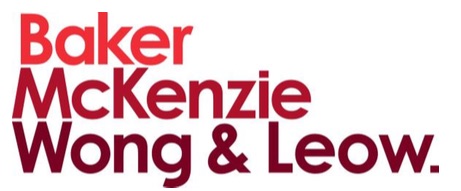10 September, 2019
The Health Sciences Authority (“HSA”) has revised its regulatory guidance on heavy metal limits for complementary health products to match limits used by ASEAN and the World Health Organisation.
Complementary health products, as regulated by the HSA’s Complementary Health Products Branch include Chinese Proprietary Medicines, traditional medicines, medicated oils and balms, homeopathic medicines and health supplements.
Under the revised heavy metal limits:
(a) Arsenic is to be limited to 5ppm – i.e. no change from the current permissible limit;
(b) Mercury is to be limited to 0.5 ppm – i.e. no change from the current permissible limit;
(c) Lead is to be limited to 10ppm, reduced from the current permissible limit of 20ppm;
(d) Cadmium is to be limited to 0.3ppm – a new addition to the list of regulated heavy metals; and
(e) Copper will be removed from the list of regulated heavy metals (the current permissible limit is 150ppm).
The new limits will be enforced from 1 September 2019 for new products. Dealers of existing products (imported or locally manufactured products before 1 September 2019) will have a one-year grace period until1 September 2020 to ensure product compliance with the revised limits.
The HSA has indicated that the aim of the revision is not only to protect consumers but to facilitate companies’ entry into foreign markets through compliance with international standards. This is consistent with the aims of the Product Working Group for Traditional Medicines and Health Supplements established in 2004 under the ASEAN Economic Community umbrella, which includes harmonising technical requirements for traditional medicines and health supplements to foster a stable and competitive ASEAN economic region.
In 2015, the Australia, Canada, Singapore, Switzerland Complementary Health Product Working Group (“ACSSCHPWG”) was also formed to promote regulatory collaboration to achieve standardised technical guidelines, much like the ASEAN Product Working Group. It comprises the HSA of Singapore, Therapeutic Goods Administration of Australia, Health Canada and Swissmedic of Switzerland.
Such efforts to standardise the regulation of complementary health products are expected to facilitate the free movement of such products across both regional and international borders, by potentially reducing the need to conduct different tests for every potential market.
More information on the revised heavy metal limits can be found here.
For further information, please contact:
Andy Leck, Principal, Baker & McKenzie.Wong & Leow
andy.leck@bakermckenzie.com





